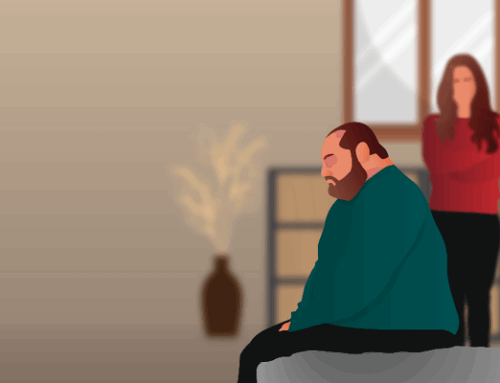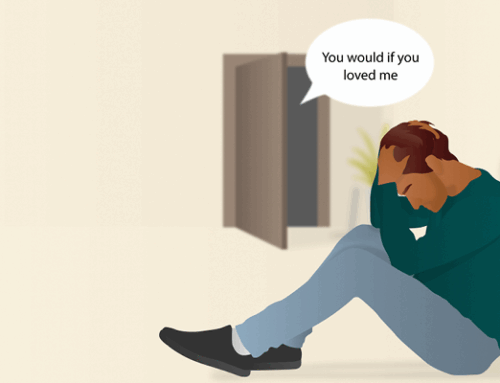Experiencing domestic abuse as a male: Stalking & Harassment
Approximately half a million men are victims of stalking each year, while one in 11 males will be a victim of stalking within their lifetime.
Experiencing stalking and/or harassment can have a significant physical and emotional impact, and can be extremely dangerous – although research suggests that many men won’t report or seek help when experiencing crimes of this nature.
Stalking and harassment are both illegal, and are both forms of domestic abuse.
If you need help, support and assistance with any form of domestic abuse that you’re experiencing, talk to us.
What is stalking and harassment?
Stalking is obsessive behaviour which is repeated, persistent, intrusive and causes fear of violence and distress.
Harassment is made up of repeated attempts of unwanted communications and contact to a victim, which causes distress or fear.
While extremely distressing, harassment is often sporadic and less calculated, and is more of a nuisance rather than a safety concern.
Stalking, however, is obsessive behaviour which often occurs in physical situations (such as following someone), creating a genuine safety concern.
The five different types of stalkers
Psychological research has identified five distinct types of stalker, split by their motivation or intentions, and their relationship to the victim.
The rejected relationship stalker: Typically carried out by former partners with a motivation is to try to resume the relationship, or to anger or damage the victim as a form of revenge. Has a high risk of using violence.
The intimacy seeking stalker: Will target strangers or acquaintances, out of a belief that there is a relationship or bond of some kind. Violence is a lower risk, however stalking can persist for a long period of time.
The incompetent suitor stalker: Seeking a relationship with their victim, this type are less likely to be violent and are often less fixated with an individual, instead going on to stalk different people.
The resentful stalker: This type of stalker is unrelenting in their activity in trying to prove an unfairness or injustice and can remain active for a long period of time.
The predatory stalker: Typically carried out by a stranger, they are less likely to make direct contact, although you may see them lurking around. This type of stalker is extremely dangerous, and if you believe someone is following or tracking you in this way, you should call 999 immediately.
Often incidents of stalking and harassment go unnoticed at first, as they seem small and appear unconnected. However, when incidences are combined, they form a pattern of behaviour – FOUR.
- Fixated
- Obsessive
- Unwanted
- Repeated
How can I get help?
If you feel you’re in immediate danger, always call the Police on 999.
If you’re not in immediate danger, NIDAS can help and support you to cope with what you’re experiencing, and to improve your situation in a way that suits you.
Our aim is to listen to you, to guide you and to be by your side.
You can contact us in the following ways:
- Call: 0300 561 0555
- Text: 07860 063464
- Email: referrals@nidasnorfolk.co.uk
Alternatively, send us your details here, and we’ll be in touch.



